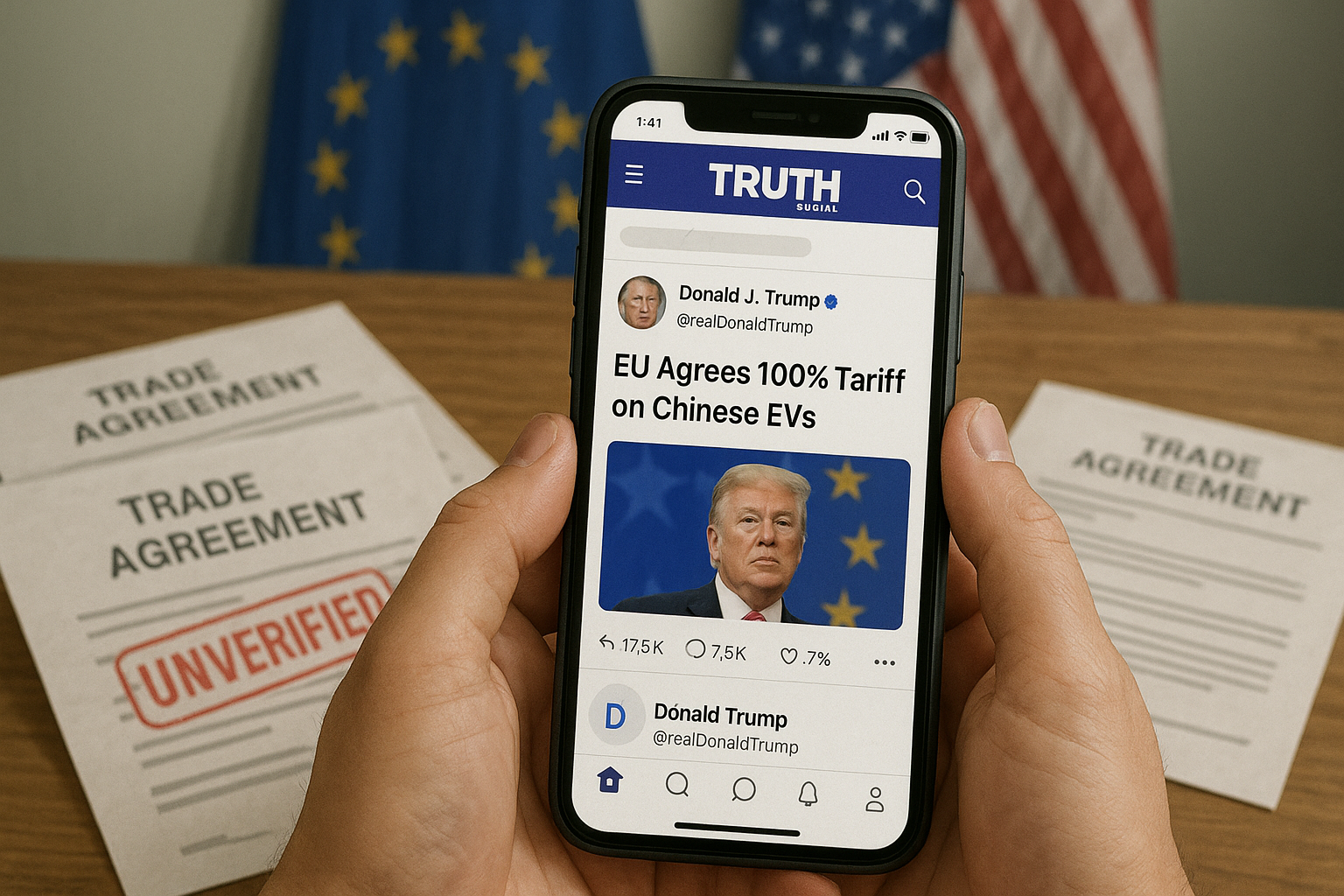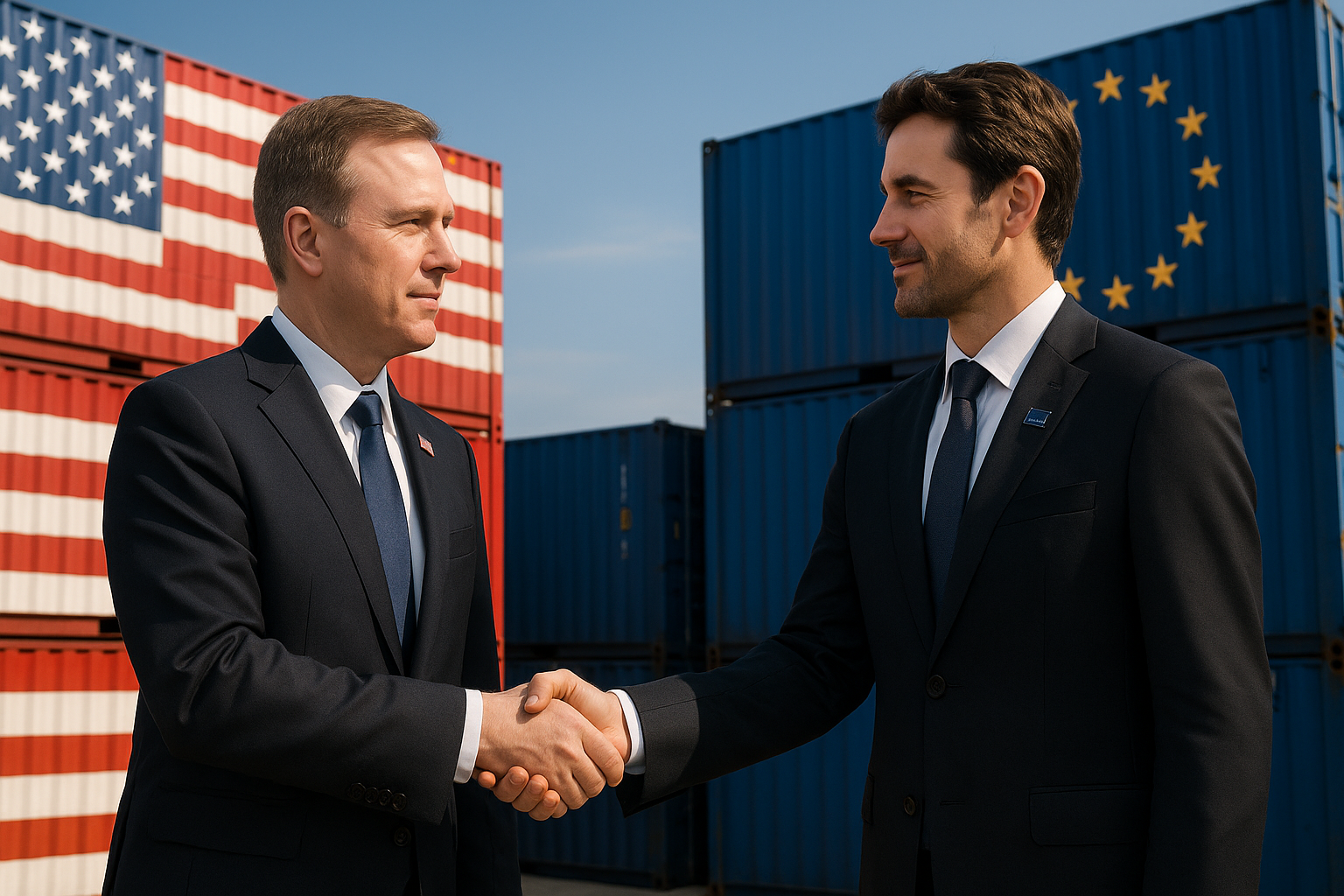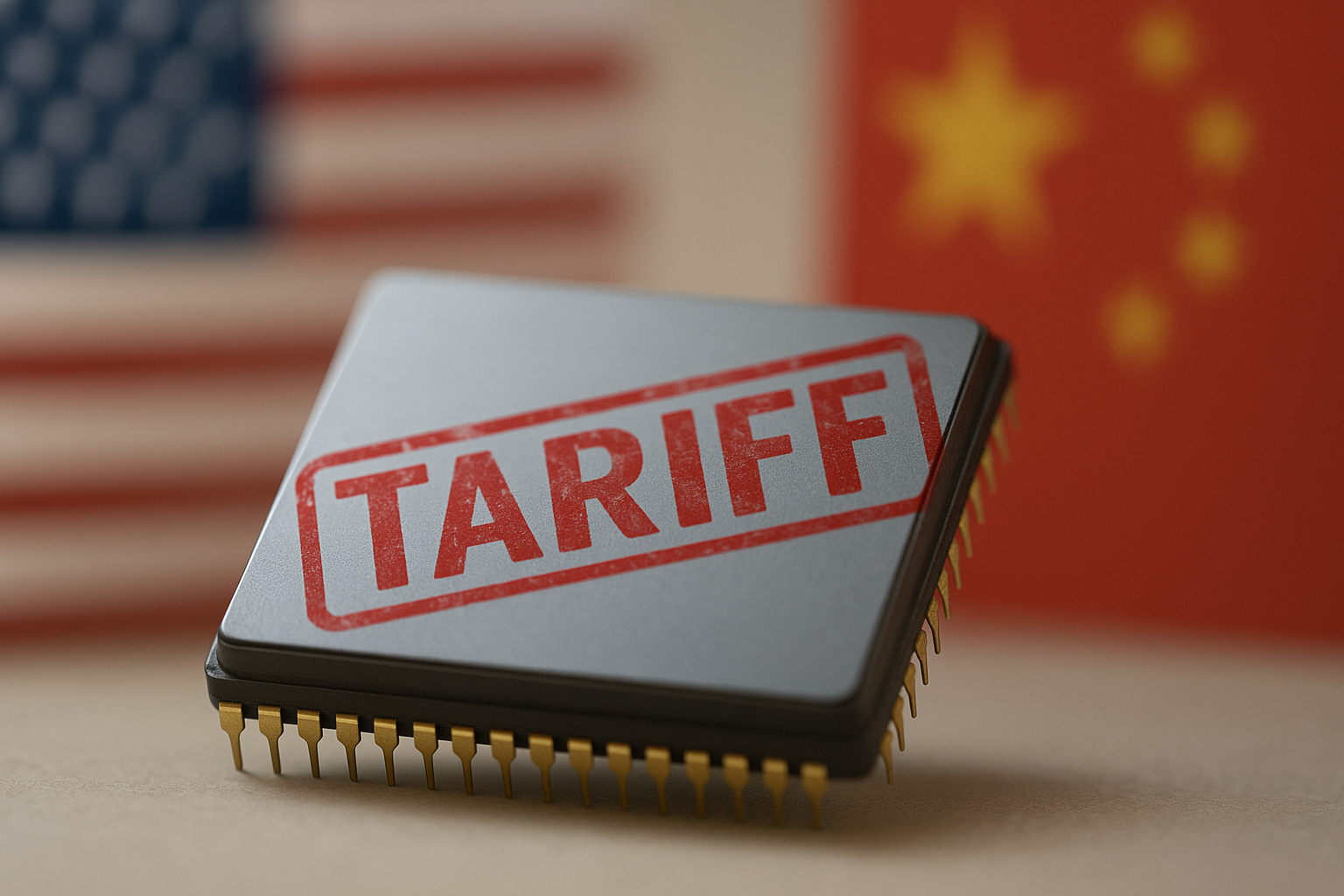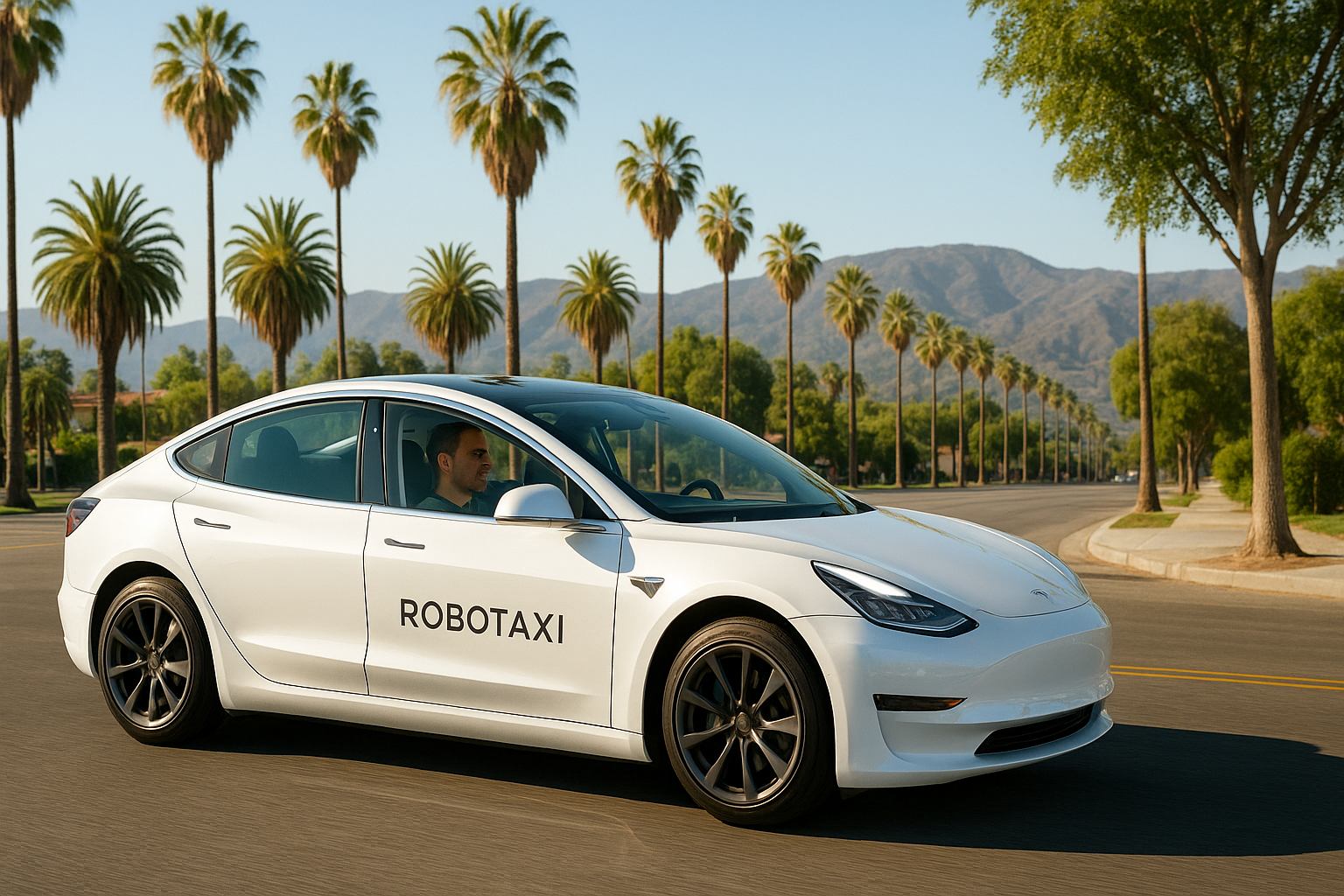So Donald Trump announced a trade deal with the European Union yesterday that... well... doesn't actually exist. The former president took to Truth Social (where else?) to declare that the EU "has agreed to place a 100% TARIFF on Chinese Electric Vehicles being sold into the United States from European Countries."
I had to read that twice. Then three times. It still didn't make sense.
Look, I've covered international trade for years, and this announcement immediately set off every journalistic alarm bell I possess. For starters, the EU can't impose tariffs on goods entering the United States. That's... not how sovereignty works. Each country or trading bloc controls its own import duties—the EU handles what comes into Europe, while the US handles what crosses American borders.
What in the world is Trump talking about? Several possibilities come to mind.
He might be confusing the EU's existing 10% tariff on all imported vehicles (not just Chinese ones). Or perhaps he's referencing their recent investigation into Chinese EV subsidies that could potentially lead to higher duties. Or—and this seems most likely—he's simply mashing together various trade concepts into something that sounds impressive to his base.
The timing is what makes this truly bizarre. Former presidents don't announce international trade agreements. Full stop. I checked with three different trade experts who all confirmed the obvious: this isn't a thing that happens.
"It's like me announcing I've been named starting quarterback for the Chiefs next Sunday," one State Department veteran told me with a laugh. "I can say it all I want, but that doesn't make it real."
The markets hate uncertainty, and having competing voices claiming to speak for U.S. trade policy is exactly the kind of thing that gives investors and business leaders heartburn. (I've seen traders literally pop antacids when policy signals get mixed.)
There's something deeper happening here that's worth unpacking. In Trump's previous career—real estate and brand licensing—announcements sometimes created their own reality. Declare a building "the most luxurious," repeat it often enough, and perception becomes nine-tenths of the value.
This approach worked reasonably well for selling condos. It's considerably more problematic for international trade policy.
I've followed the complex EU-China-US trade relationship since before Trump's first term, and the reality is messier than any social media post could capture. Europe is performing a delicate balancing act—maintaining economic ties with China while addressing security concerns and pressure from Washington. Meanwhile, Chinese manufacturers are expanding production capacity for export while developing their domestic market. And the U.S.? We're still arguing among ourselves about what our trade policy should even be.
Electric vehicles sit at this complicated intersection. They represent both economic competition and climate priorities that vary dramatically across countries and political parties.
For actual businesses trying to make investment decisions—like whether to build an EV factory in Europe, China, or America—these kinds of unverified announcements are worse than useless. They're actively harmful.
Yesterday, I contacted several European trade officials for comment on Trump's post. Their responses ranged from confused silence to barely suppressed laughter. One finally texted back: "We have no idea what he's talking about. Literally none."
The strangest part? This isn't even the first time. During his presidency, Trump occasionally announced agreements that surprised the supposed other parties. Remember when he declared that Mexico would pay for the border wall? Mexican officials were as baffled then as European officials are now.
This pattern points to something worrying in our information ecosystem. We're increasingly seeing market-moving statements made outside traditional channels—whether it's Elon Musk using Twitter to make Tesla announcements or political figures using social media to claim policy shifts.
The formal mechanisms still matter legally—Federal Register notices, official communiqués, signed agreements on actual paper—but the chaos surrounding them keeps growing.
I guess what I'm saying is... in a world where anyone can announce anything, verification has never been more valuable. The old "trust but verify" adage feels quaint now. It's more like "approach with extreme skepticism, then verify through multiple independent channels before taking any action whatsoever."
The EU, incidentally, has maintained diplomatic silence on Trump's announcement. Sometimes what isn't said speaks volumes.
And sometimes a "deal" is just a social media post.



